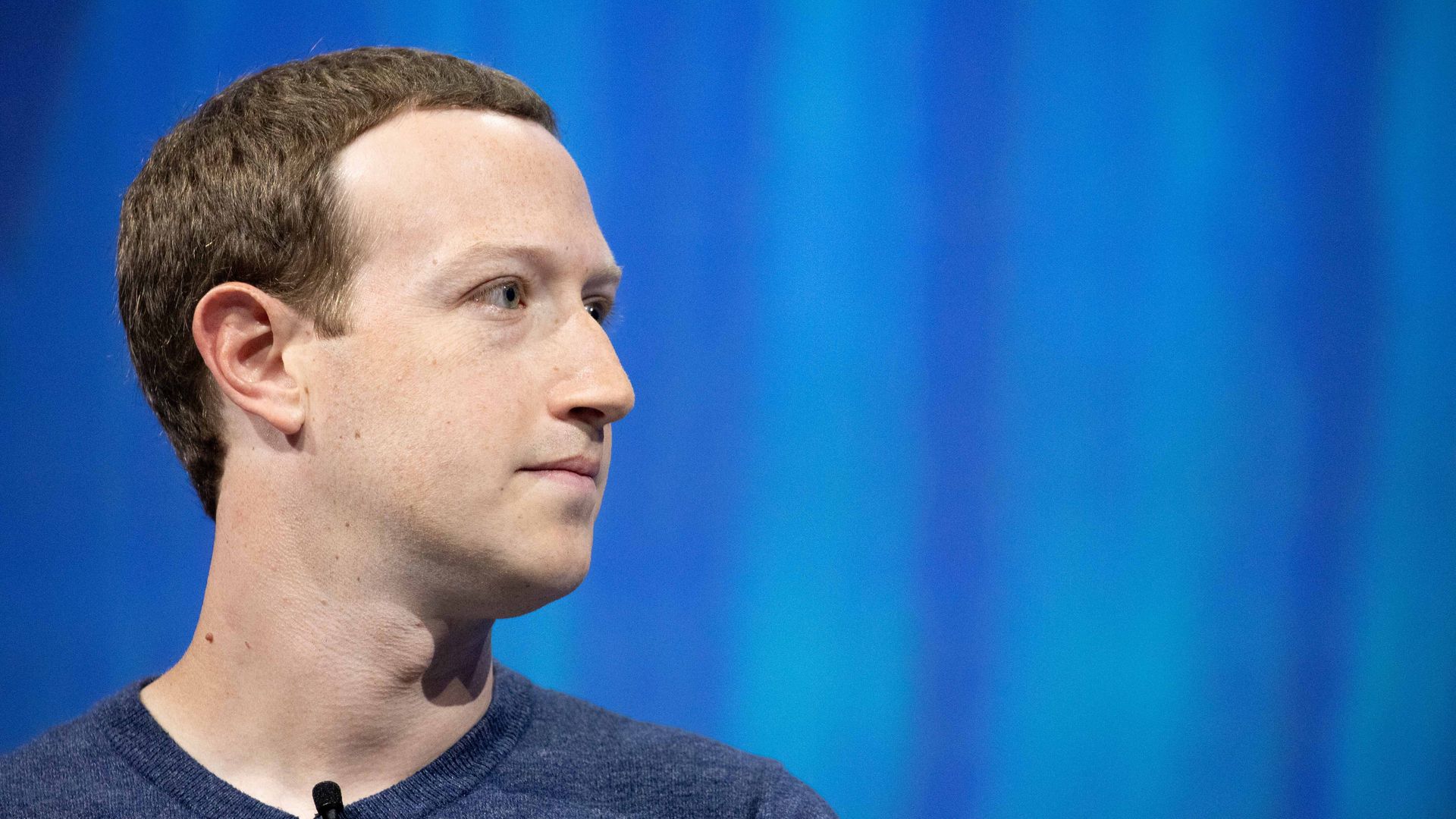Mar 6, 2019 - Technology
Zuckerberg outlines plan to pivot Facebook to "privacy-focused" platform
Add Axios as your preferred source to
see more of our stories on Google.

Mark Zuckerberg. Photo: Christophe Morin/IP3/Getty Images
Add Axios as your preferred source to
see more of our stories on Google.

Mark Zuckerberg. Photo: Christophe Morin/IP3/Getty Images